AI for War: Big Tech Empowering Israel’s Crimes and Occupation
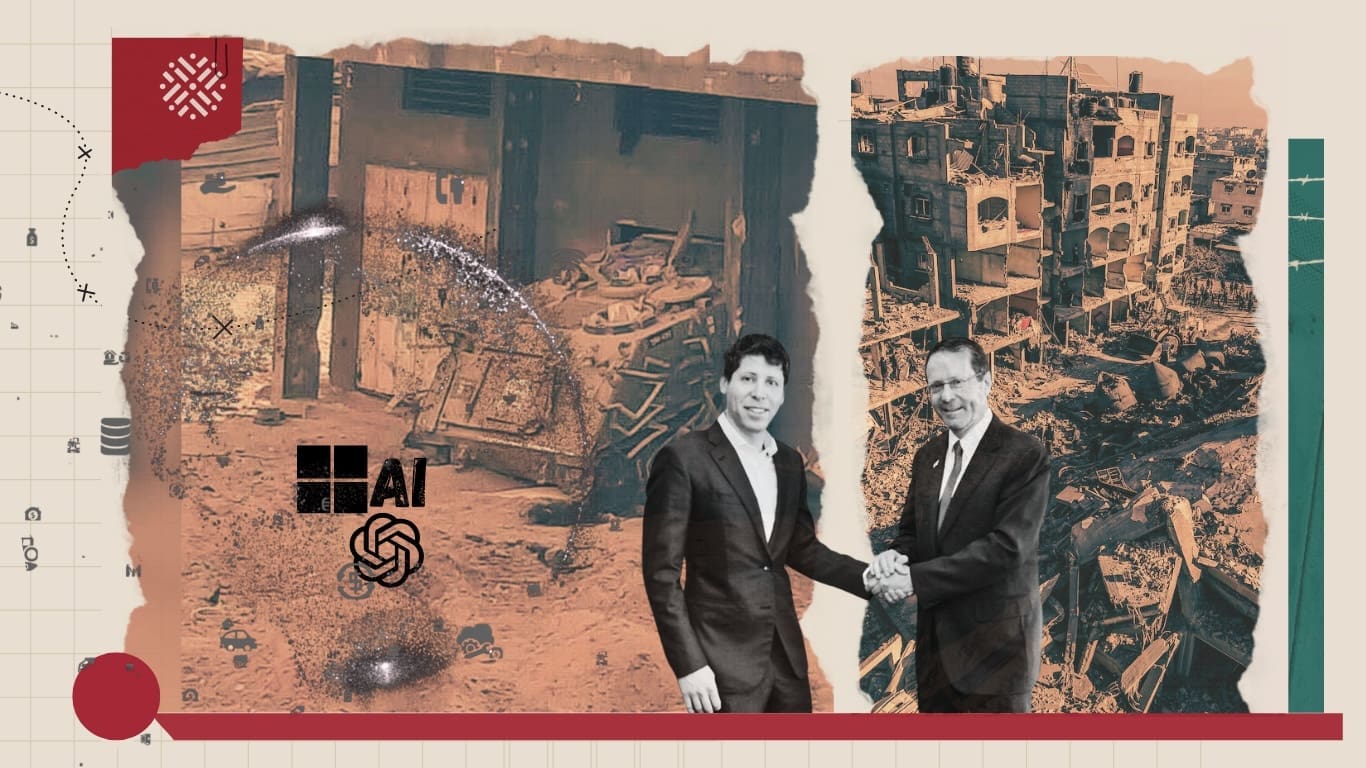
Introduction US technology giants portray themselves as architects of a better world powered by artificial intelligence (AI), cloud computing, and data-driven solutions. Under slogans such as “AI for Good,” they pledge to serve as ethical stewards of the technologies reshaping our societies. Yet in Gaza, these narratives have collapsed, alongside international norms and what remains […]
Palestine and an Expanding BRICS: Swaying the Global Order

BRICS, a bloc of emerging and fast-growing non-Western economies named after its core members (Brazil, Russia, India, China, and South Africa), has recently extended its reach to the MENA region in pursuit of a multipolar world. Egypt, Iran, and the United Arab Emirates (UAE) joined the bloc in 2023, while Saudi Arabia has maintained an […]
Gaza’s Telecommunications: Occupied and Destroyed
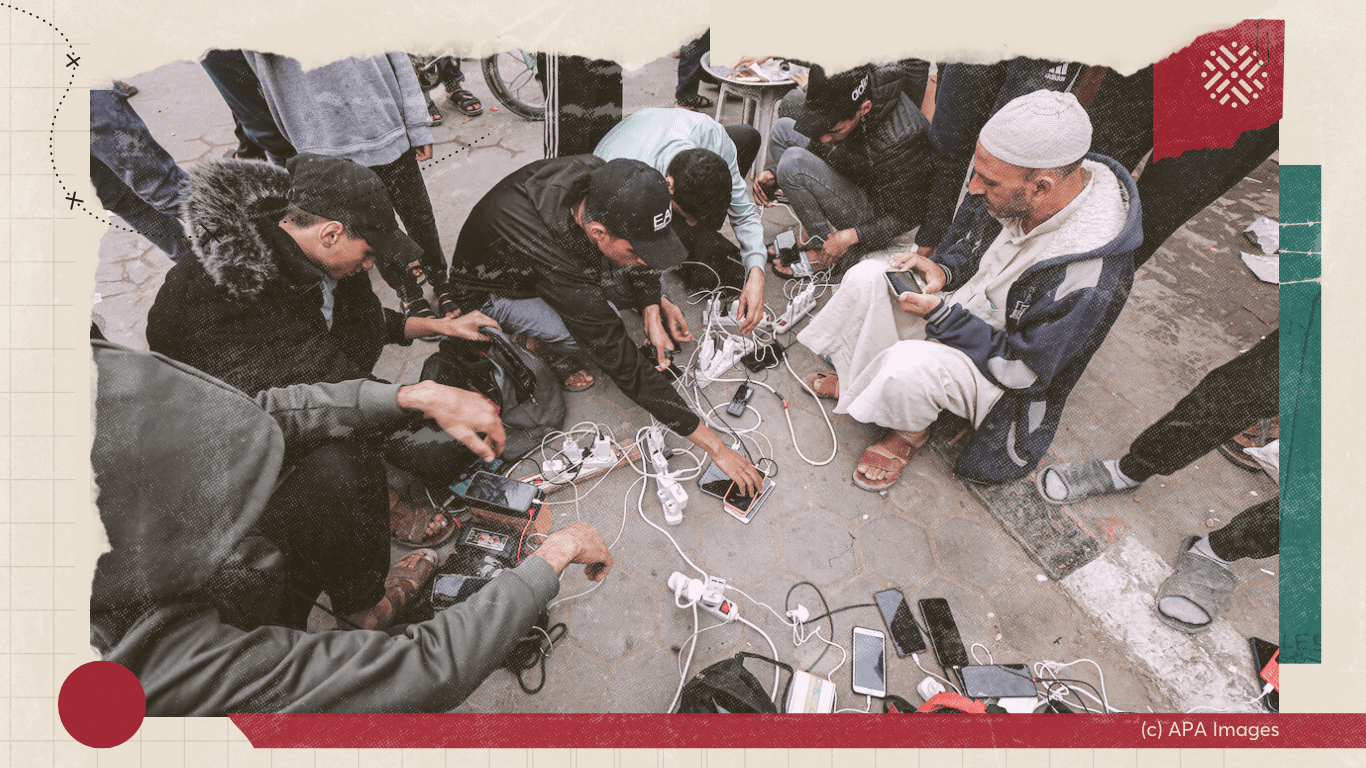
Introduction In the 21st century, telecommunications—particularly the internet—have become indispensable tools in the global struggle for freedom and dignity. For Palestinians in Gaza, who have endured over 17 years of Israeli blockade and many more decades of Israeli colonial occupation, the internet serves as a critical lifeline: a channel to communicate with the outside world […]
Israel’s Exploitation of Palestinian Labor: A Strategy of Erasure
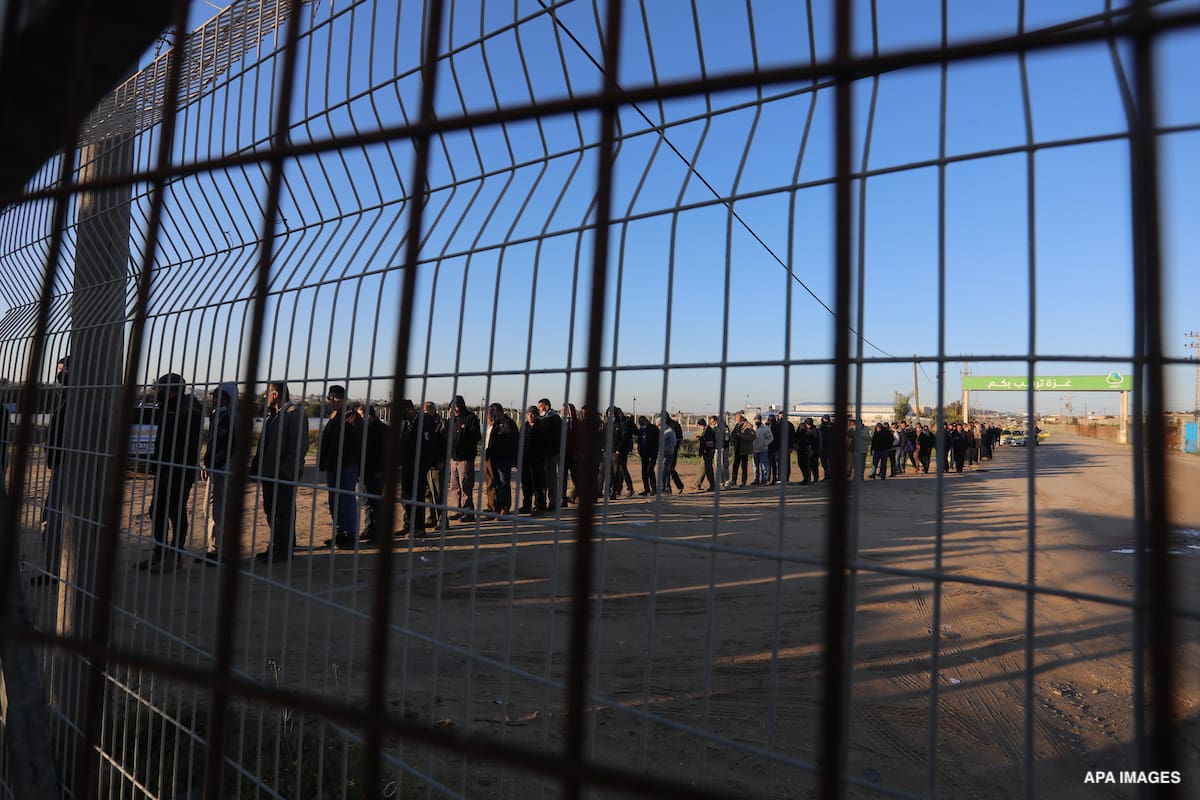
Introduction Since the start of the genocide in Gaza, Palestinian laborers working in the Israeli market have become a top target for Israel’s Civil and Economic Affairs Cabinet and the Knesset’s Foreign Affairs and Defense Committee. Among a series of decisions taken by the Israeli government following October 7, 2023, was the cancellation of work […]
Palestinian Clearance Revenues: Israel’s Tool to Collapse the PA
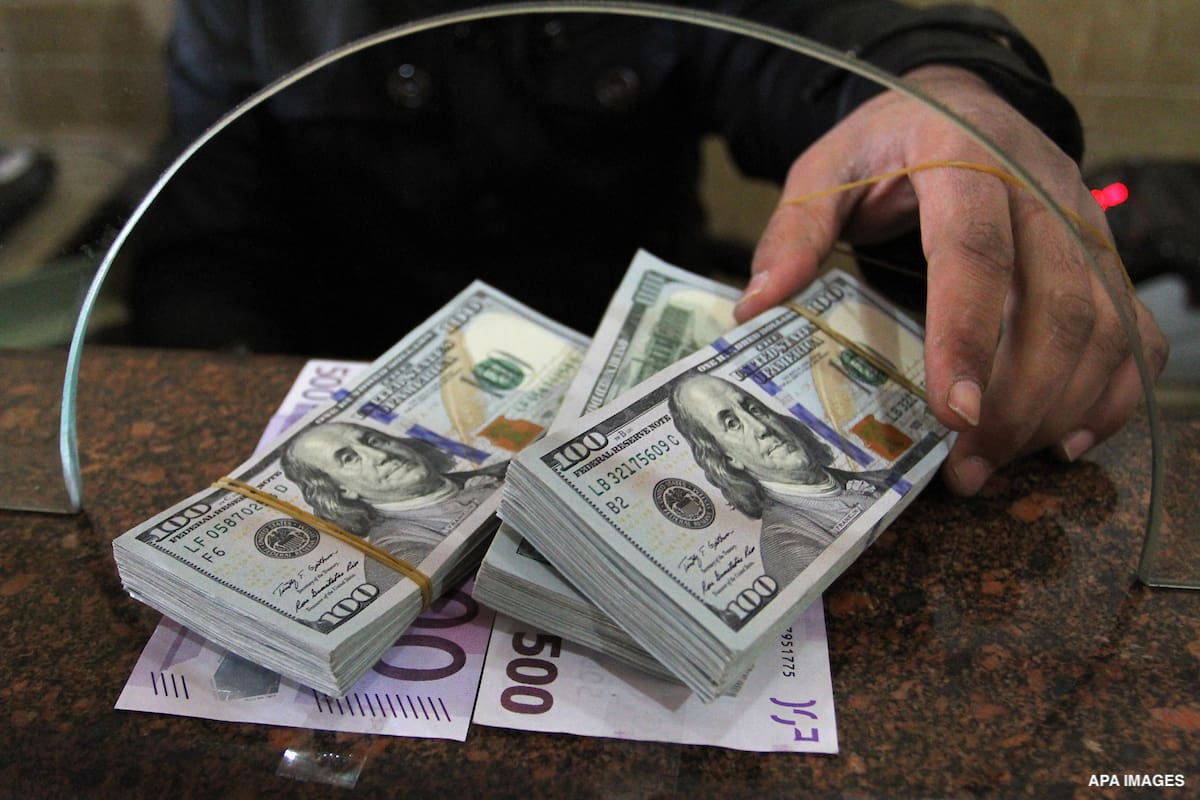
Introduction Israel’s withholding of Palestinian clearance revenues is a longstanding practice, historically used to punish or manipulate the Palestinian Authority (PA). Since October 2023, the Israeli regime has only escalated its theft of Palestinian funds, bringing the PA to the verge of financial collapse. This policy memo argues that Israel’s weaponization of clearance revenues is […]
Sanctions Against Israel: Effective Tool or Too Little, Too Late?
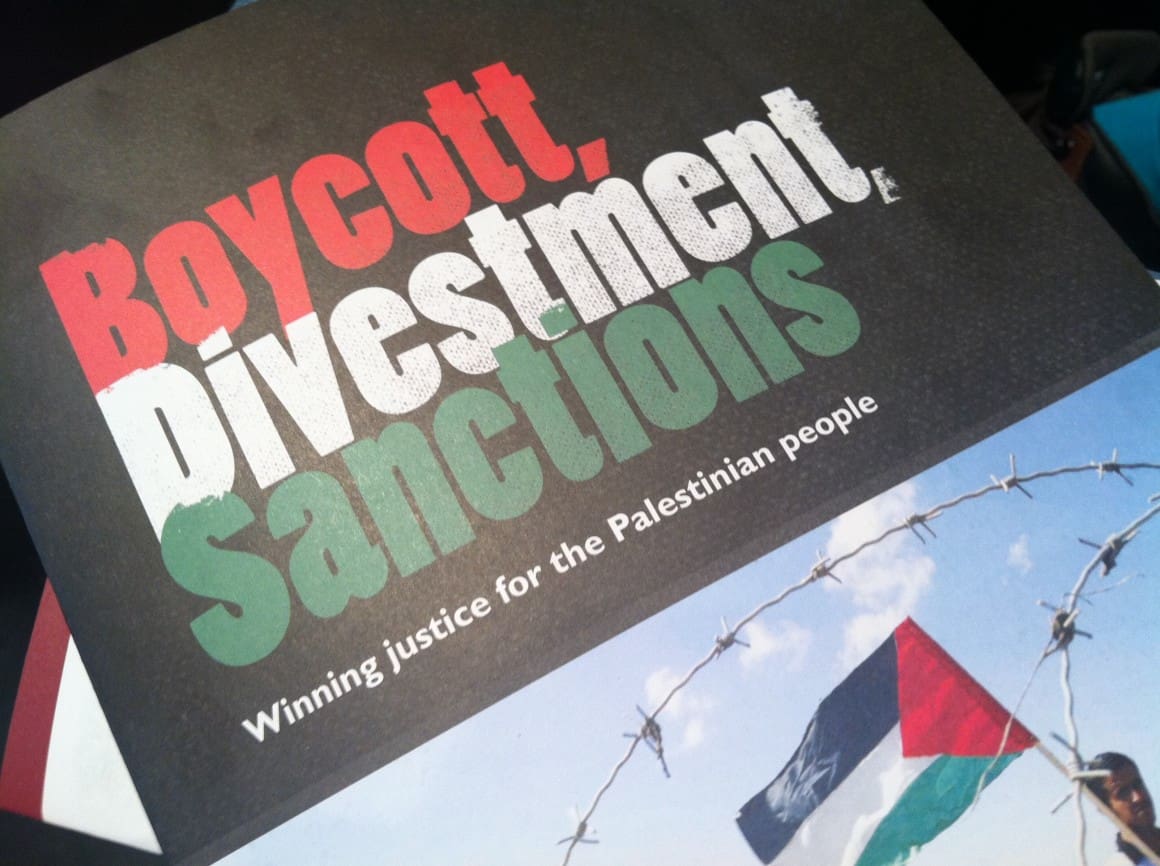
As the Israeli regime escalates its apartheid and settler colonial practices in Palestine, calls for sanctions against it have likewise increased. Still, sanctions remain controversial – both in terms of their ethics and efficacy. Indeed, many have argued that sanctions have rarely achieved their intended goals. What might sanctions look like in the context of […]
Confronting Energy Poverty in Gaza
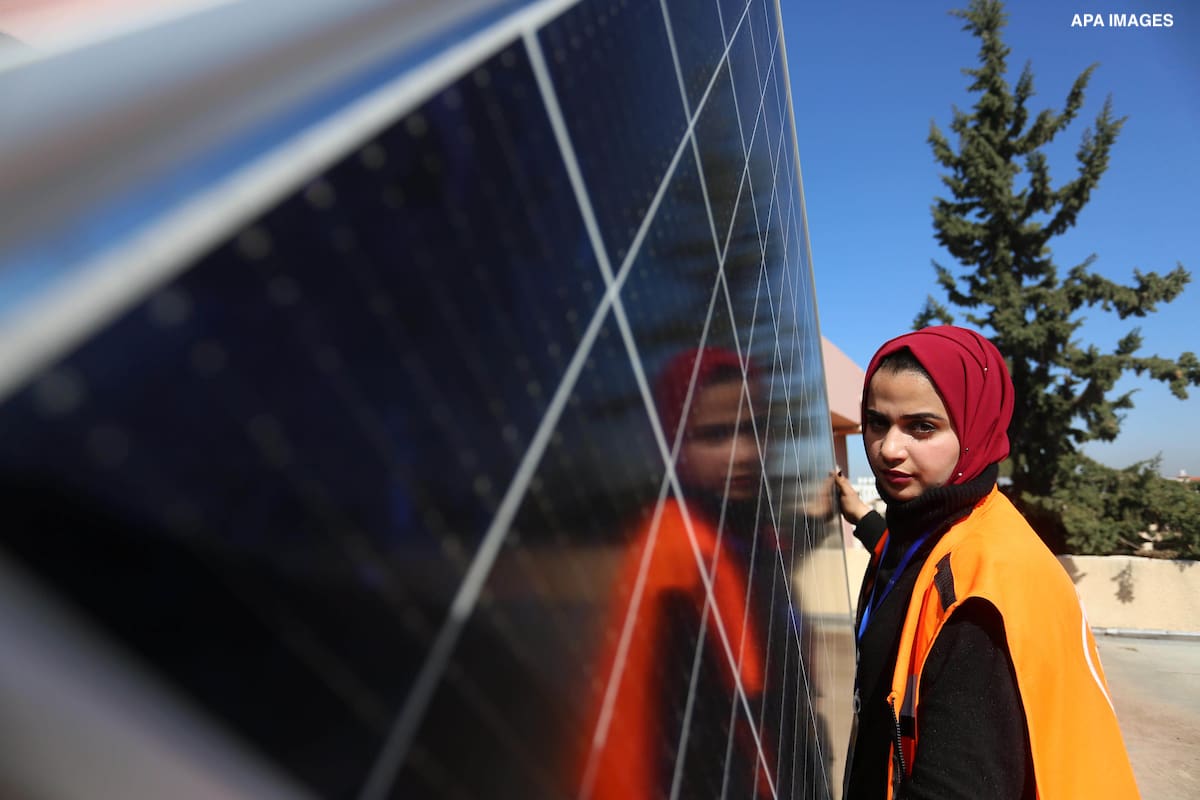
Palestinians in Gaza are suffering from a worsening energy crisis due to the Israeli regime’s ongoing siege. As a result, they have adopted different coping strategies, including solar energy technology to offset electricity shortages. Al-Shabaka policy analyst and 2022 Visiting Gaza Fellow 24379 examines this reality, and offers recommendations for Palestinian leadership and stakeholders to promote Palestinian economic self-determination in Gaza.
Shrinking the Conflict: Debunking Israel’s New Strategy

Since 2021, Israeli leaders have proposed a new series of economic policies under the approach of “shrinking the conflict.” This strategy aims to afford Palestinians more economic opportunities and so-called freedoms as a way to sustain the Israeli occupation. In this policy brief, Al-Shabaka policy analyst 24583 debunks the framework and explains why Palestinians will not be pacified with economic incentives.
The PA’s Revenue Structure and Israel’s Containment Strategy
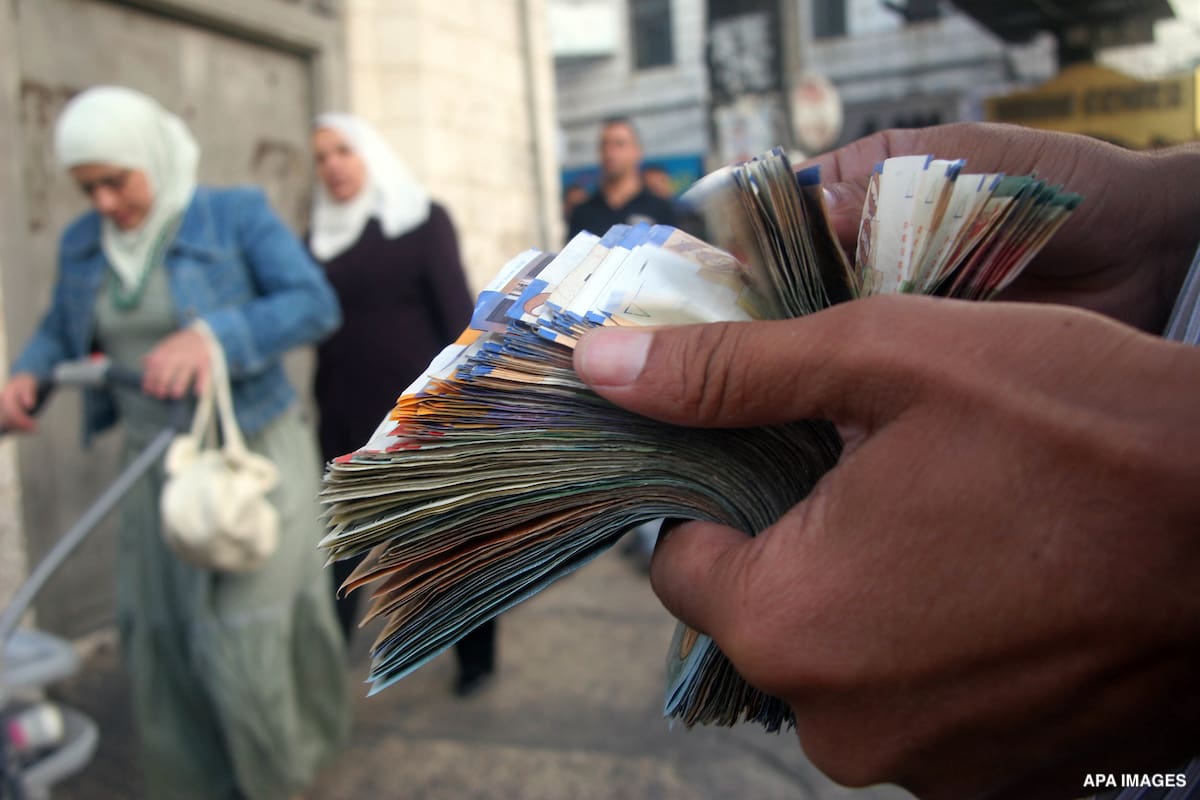
The Palestinian Authority’s budget disproportionately relies on clearance revenues that the Israeli regime regularly withholds as political blackmail. Combined with a negligible domestic tax base and the absence of political sovereignty, it is therefore futile to speak of real fiscal reform within the PA. In this policy brief, Al-Shabaka policy analyst, Amal Ahmad, examines the foundational logic of this distorted arrangement.






